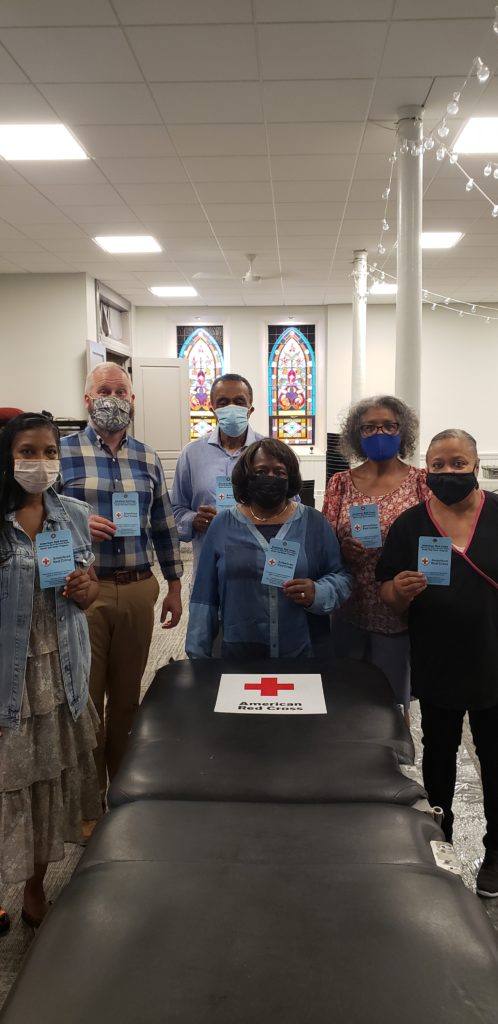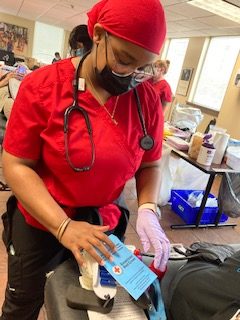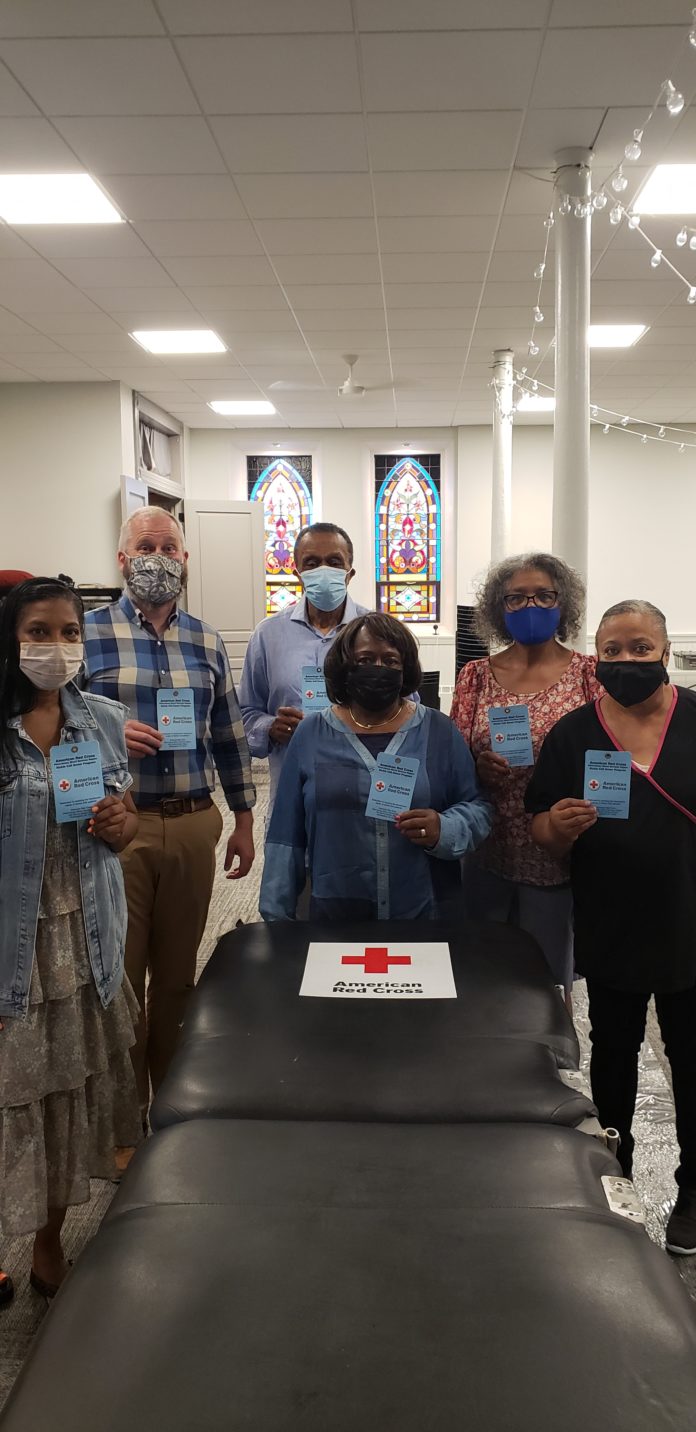About 100,000 Americans suffer from a debilitating and chronic illness called sickle cell disease. It’s a hereditary disease most prevalent in African Americans and people of Mediterranean descent — but anyone can get it.
Independence Blue Cross is working with the American Red Cross to promote blood donation drives throughout September to spread awareness about sickle cell disease.
Dr. Victor Caraballo, vice president of quality management at Independence Blue Cross. worked as an emergency room physician and has seen the devastating effects on the human body.
“It’s a very sad disease, and it’s very debilitating,” Caraballo said. “It’s very painful.”
Sickle cell disease happens when two parents carry the trait and pass it on to their children. Instead of being round, their blood cells are shaped like a sickle, which causes significant complications such as extreme pain, blood clots, strokes and immunodeficiency because it attacks the spleen. According to Caraballo, the average life expectancy of a person with sickle cell is 30 years less than the average.
It is the most inherited blood disease in the U.S.
Tahirah Austin-Muhammad is one of the 100,000 people who have sickle cell disease in the U.S. Diagnosed with sickle cell disease at age 6, Austin-Muhammad now is co-founder and chief operations officer of the Crescent Foundation, which spreads awareness, education and provides resources for families and individuals with sickle cell disease.
Austin-Muhammad described the awful complications that can come from the disease.
“If there’s a place in your body where sickle cells have become sticky and stick along your veins and blood vessels, it cuts off oxygen to that part of your body,” Austin-Muhammad said. “That’s where the pain affects people.”
Austin-Muhammad explained that people who have sickle cell disease often have individualized plans when it comes to managing their complications from the disease.
“A lot of us get acupuncture, massage therapy, you see chiropractors, we do a lot of heating pads, whatever works for you and the older you become you learn, you know, what works best for you,” Austin-Muhammad said.
La Valle Warren, regional account manager at American Red Cross, in the Sickle Cell Program, is spreading awareness about the importance of blood donation to individuals with sickle cell disease through its new sickle cell initiative.
“The initiative is to help enhance the efforts to raise awareness in the black and African American communities about the unique attributes of their blood in helping provide compatible blood types for a patient with sickle cell disease,” Warren said.
ARC has a partnership with Northeast High School, one of the largest blood drives in the region. There is a blood drive there on Nov. 16, where they are expecting to collect about 140 units of blood. Each donation can help three people with sickle cell disease.


Any donation collected by ARC from an African American donor is marked with a blue tag, designating it to be tested for sickle cell traits. Since in the U.S., sickle cell disease is prominent in African Americans, it is beneficial for them to receive blood from an African American donor.
It’s essential for people with sickle cell disease, who have chronic blood transfusions, to have the closest blood match possible. This is because, after many transfusions, a person develops antibodies that, if mixed with different antibodies, can have serious side effects for the person.
Warren has spread her awareness efforts to the Northeast because she said there is a dire need for more blood drives in the area.
“I’m looking to expand in terms of, you know, doing more drives in the Northeast,” Warren said. “Because there is definitely a need.” ••





